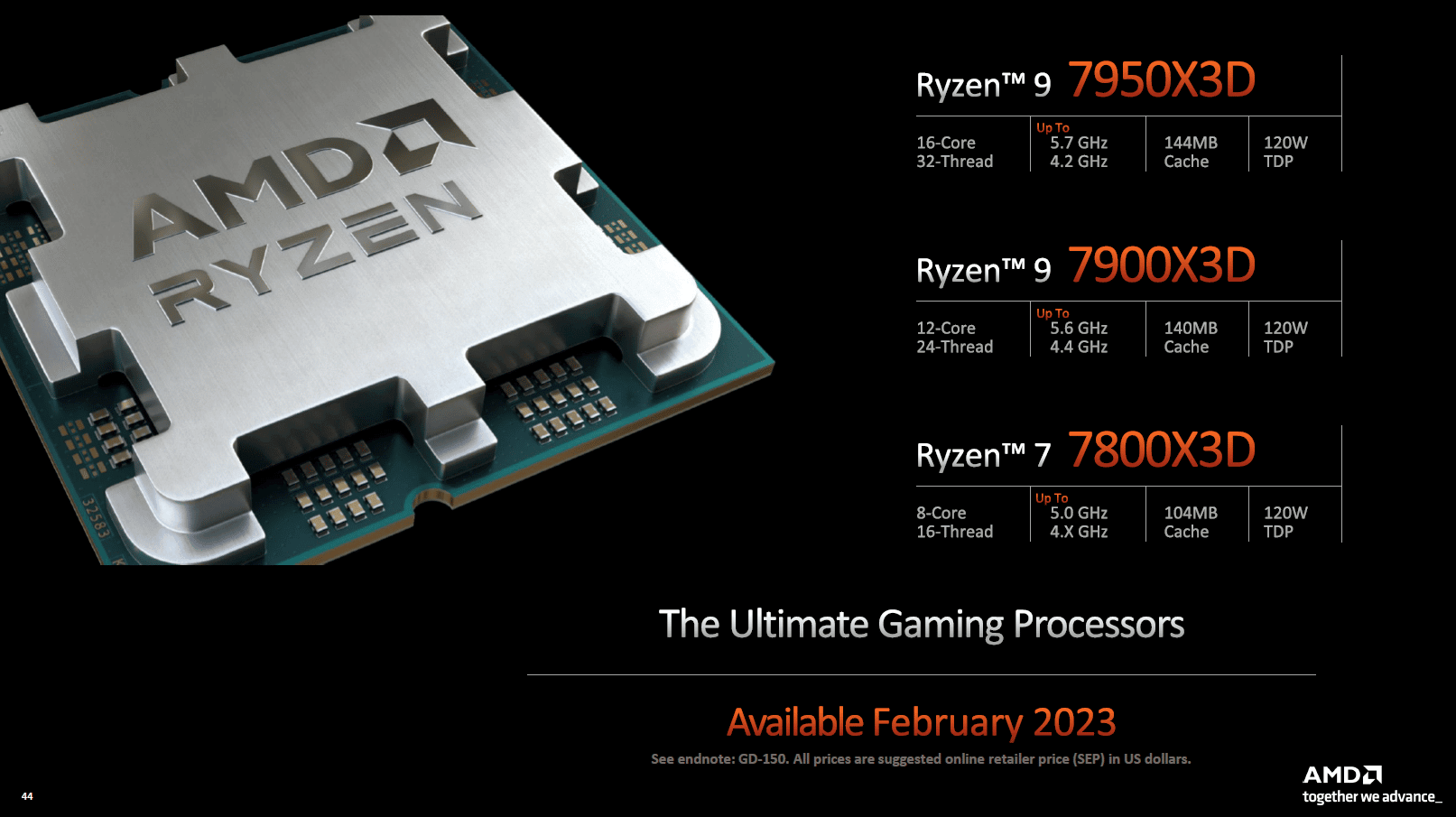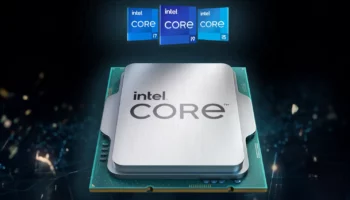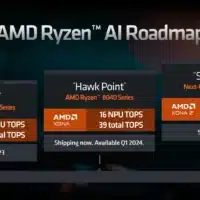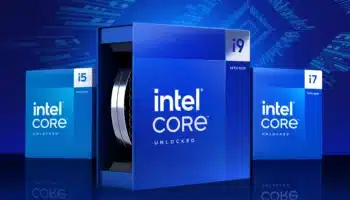The other day, AMD rolled out a new AGESA update that significantly boosts memory overclocking performance. Users have already reported overclocks of up to 8,200 MT/s using the new BIOS, and that too on budget hardware. Quasarzone tested the Ryzen 7 7800X3D and the Ryzen 9 7950X using high-speed memory on the new BIOS and got some interesting results:
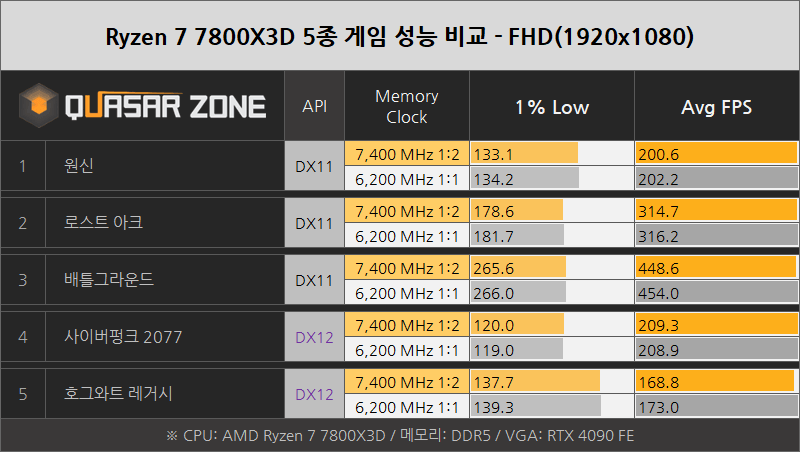
When using the faster DDR5-7400 memory with the memory controller set in a 1:2 configuration (can’t be clocked higher than 6,200), the gaming performance is slightly lower than before. This boils down to the memory controller clocks. In 6,200 MT/s mode, the memory controller runs at the same clock as the main memory, thereby improving latency. Switching to 7,400 MT/s requires setting the controller to half the frequency, as 6,000 MT/s is the official upper limit.
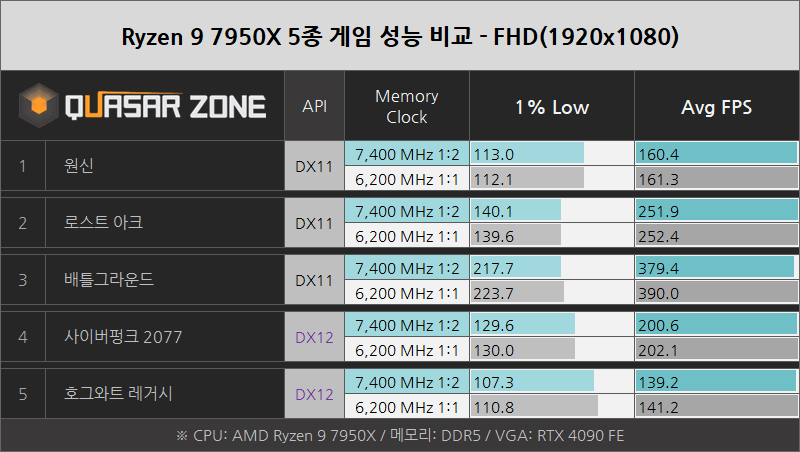
We see similar results with the Ryzen 9 7950X. The deltas are within the margin of error, but most games are faster in the 6,200 MT/s 1:1 mode. We are essentially back to the early problems of the Infinity Fabric, although the severity is much less. Due to the 6,000 MT/s clock limit of the fabric/memory controller, getting a higher memory clock won’t benefit gamers unless you’ve got a golden chip whose MC can be overclocked to 7,000 MT/s or higher.
